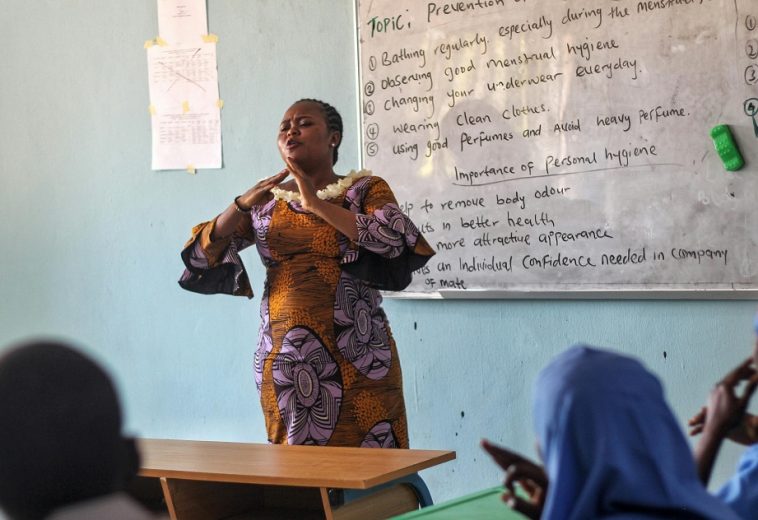Presently, several factors are contributing to the increasingly positive perception of Africa on the global stage. The West is gradually recognising that Africa will play a crucial role in shaping the future of the world.
Africa boasts the youngest population globally; in Sub-Saharan Africa, 70% of the population is under 30. Projections suggest that by 2050, 75% of Africans will be under 35, representing more than one-third of the world’s youth. This burgeoning youth population has the potential to significantly influence the continent’s development, both now and in the future.
The 2024 African Youth Survey indicates a rise in Afro-optimism, with 37% of respondents believing the continent is heading in the right direction, compared to 31% in 2022. This suggests room for further efforts to harness the ambitions and aspirations of Africa’s young people.
Several key factors contribute to these positive perceptions, including:
Economic Growth and Investment Opportunities
Africa offers significant investment opportunities, particularly in sectors aligned with the Sustainable Development Goals (SDGs), such as education, infrastructure, and renewable energy. Initiatives like Prosper Africa aim to facilitate U.S. government financing, grants, and loans for investors interested in engaging with African markets, further bolstering the continent’s economic prospects.
Rich Cultural Heritage and Diversity
Africa is home to a remarkably rich and diverse cultural heritage, encompassing traditional practices, languages, art, music, and culinary traditions that vary across regions. Afrobeats, for instance, has gained international acclaim, showcasing Africa’s vibrant musical landscape and contributing to its cultural influence on the global stage.
Improvements in Governance and Political Stability
Better governance and increased political stability have been strongly linked to Africa’s economic growth and development. The rule of law and accountability are key factors driving these improvements. Recent elections in Senegal, which saw Bassirou Diomaye Diakhar Faye elected as president, highlight the growing political engagement of Africa’s youth and their optimism about the continent’s political future.
Innovation and Technological Advancements
Africa has seen substantial growth in innovation and technology, with technological capabilities rising from 25% to 41% across the continent. This progress is fostering creative solutions and driving human development. There is also a growing need to integrate emerging technologies into education to improve learning outcomes.
Contributions to Global Sustainability and Environmental Stewardship
Africa plays an essential role in global sustainability efforts. The continent’s vast biodiversity, renewable energy potential, and initiatives in sustainable agriculture and waste management contribute significantly to environmental stewardship. By promoting responsible resource management and adopting sustainable practices, Africa is positioning itself as a leader in the global transition towards a more sustainable future.
As Africa continues on its path of growth and progress, the world is increasingly realising the pivotal role it will play in our collective future. With its young population, abundant economic opportunities, rich cultural diversity, and commitment to sustainability, the continent holds immense promise. By investing in Africa’s potential, the international community can help build a more equitable and prosperous world.




